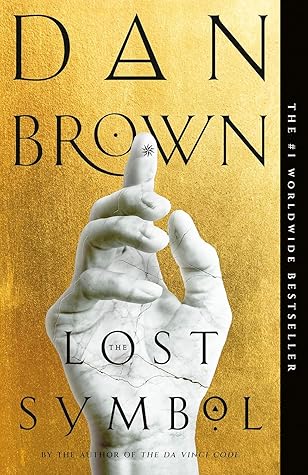More on this book
Community
Kindle Notes & Highlights
Neckties had been required six days a week when Langdon attended Phillips Exeter Academy, and despite the headmaster’s romantic claims that the origin of the cravat went back to the silk fascalia worn by Roman orators to warm their vocal cords, Langdon knew that, etymologically, cravat actually derived from a ruthless band of “Croat” mercenaries who donned knotted neckerchiefs before they stormed into battle. To this day, this ancient battle garb was donned by modern office warriors hoping to intimidate their enemies in daily boardroom battles.
He put down his notes and gazed out at the calm waters of the Potomac passing beneath him. A heavy mist hovered on the surface. Aptly named, Foggy Bottom had always seemed a peculiar site on which to build the nation’s capital. Of all the places in the New World, the forefathers had chosen a soggy riverside marsh on which to lay the cornerstone of their utopian society.
The SBB was a section of the Capitol that few ever visited. To reach it, they would pass through a sprawling labyrinth of tiny chambers and tight passages buried beneath the crypt. Abraham Lincoln’s youngest son, Tad, had once gotten lost down there and almost perished.
Franklin Square is located in the northwest quadrant of downtown Washington, bordered by K and Thirteenth streets. It is home to many historic buildings, most notably the Franklin School, from which Alexander Graham Bell sent the world’s first wireless message in 1880.
Since the days of Michelangelo, sculptors had been hiding the flaws in their work by smearing hot wax into the cracks and then dabbing the wax with stone dust. The method was considered cheating, and therefore, any sculpture “without wax”—literally sine cera—was considered a “sincere” piece of art. The phrase stuck. To this day we still sign our letters “sincerely” as a promise that we have written “without wax” and that our words are true.


